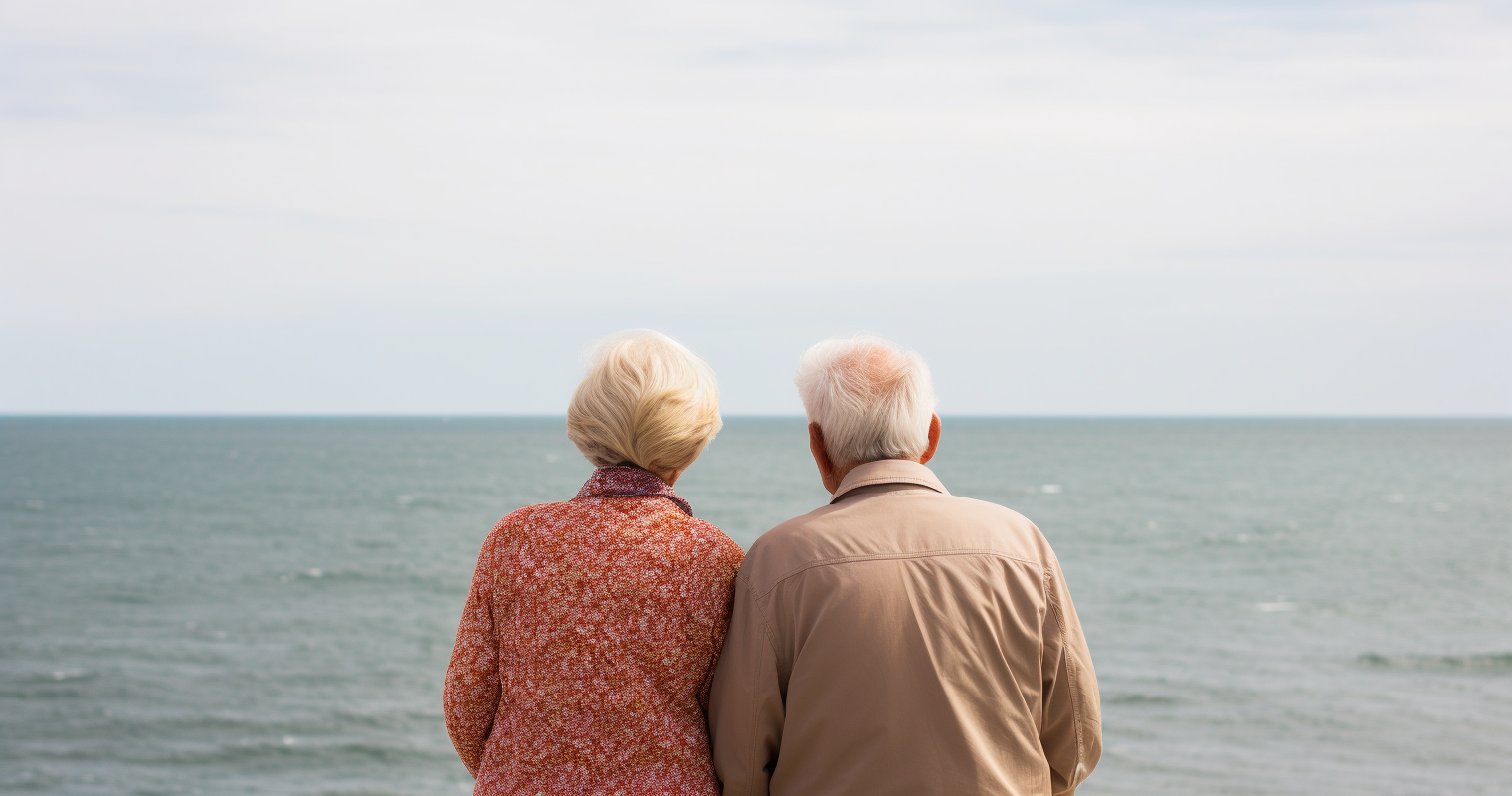Iceland is a small island country in the North Atlantic, known for its stunning landscapes and unique culture. The country has a relatively small population, with around 13% of the population aged 65 and over. The Icelandic government recognizes the importance of providing adequate care for its elderly population and has implemented various programs and initiatives to support them.
The State of Elderly Care in Iceland
The elderly population in Iceland is growing, and the demand for elderly care services is increasing. The Icelandic government provides a basic social security system that includes pension and health insurance, but the level of support is often inadequate.
Despite the challenges, Iceland has a relatively well-developed system for elderly care. The country has a strong tradition of caring for its elderly, and there is a high level of public support for policies that promote the well-being of the elderly population.
Availability and Standard of Residential Homes
Residential homes are one of the options available for elderly care in Iceland. These homes provide accommodation, meals, and basic care services. Residential homes in Iceland are often privately owned and operated, and the cost of living in them can be high.
One example of a residential home in Iceland is the “Heilsugæslan Fyrir Eldri Borgara” in the capital city of Reykjavik. This facility provides a comfortable and safe environment for elderly people, with on-site staff available 24/7 to provide assistance if needed.
Availability and Standard of Care Homes
Another option for elderly care in Iceland is care homes, which are similar to residential homes but offer more extensive medical care and services. Care homes are often privately owned and operated, and the cost of living in them can be high.
One of the most well-known care homes in Iceland is the “Heilbrig_isstofnunin á Höfu_borgarsvæ_inu” in Reykjavik. This facility provides medical care, therapy, and social activities for elderly people in need. The care home is run by the government, and the cost of living is subsidized for those who meet specific eligibility criteria.
Availability and Standard of Nursing Homes
Nursing homes are the most extensive option for elderly care in Iceland, offering 24/7 medical care and attention. These facilities are often privately owned and operated, and the cost of living in them can be very high.
One of the most well-known nursing homes in Iceland is the “Landakotss_sla” in the town of Hafnarfjör_ur. This facility provides medical care, therapy, and social activities for elderly people in need, and has a high reputation for providing excellent care. The cost of living in a nursing home like Landakotss_sla can be very high, making it inaccessible for many elderly people in Iceland.
Community-Based Care Options
In addition to residential homes, care homes, and nursing homes, there are also community-based care options for the elderly in Iceland. Non-profit organizations and volunteer groups provide social support and companionship to the elderly, as well as assistance with daily activities and healthcare needs.
One example of a community-based care option in Iceland is the “Fjölskyldan” program, which provides assistance to families caring for elderly relatives. The program offers training and support to family members, as well as respite care and other services.
In conclusion, elderly care in Iceland has a relatively well-developed system that provides comprehensive support to the elderly population. While there are options available, such as residential homes, care homes, and nursing homes, they still face challenges in providing high-quality care due to funding and eligibility issues.
To address these challenges, the Icelandic government and civil society organizations must work together to develop sustainable and effective solutions for elderly care. This may include increased funding for existing facilities, the creation of new facilities, and the expansion of community-based care options.
Furthermore, it is crucial to address the social and economic challenges that many elderly people in Iceland face. This can be done through the implementation of policies and programs that support their basic needs, such as housing, healthcare, and social services. Community-based care options that provide social support and companionship to the elderly can be crucial to promoting their well-being and preventing isolation.
In recent years, there have been efforts to improve elderly care in Iceland. The Icelandic government has launched several programs and initiatives to enhance the living conditions and well-being of the elderly population. For instance, the Elderly Citizens in the Capital Region program aims to provide support and care to elderly people who wish to remain in their homes.
Moreover, the “Landspítali Háskólasjúkrahús” (National University Hospital) program provides medical care, therapy, and social activities for elderly people in need. This program is run by the government, and the cost of living is subsidized for those who meet specific eligibility criteria.
In addition to these programs, there are also efforts to promote community-based care options for the elderly in Iceland. Non-profit organizations and volunteer groups are working to provide social support and companionship to the elderly, as well as assistance with daily activities and healthcare needs.
Overall, while the state of elderly care in Iceland is relatively good, there is still room for improvement. By providing adequate care and support to the elderly, we can ensure that they live with dignity and respect in their later years. The Icelandic government and civil society organizations must continue to work together to develop sustainable and effective solutions for elderly care, and to address the social and economic challenges that many elderly people in Iceland face.

